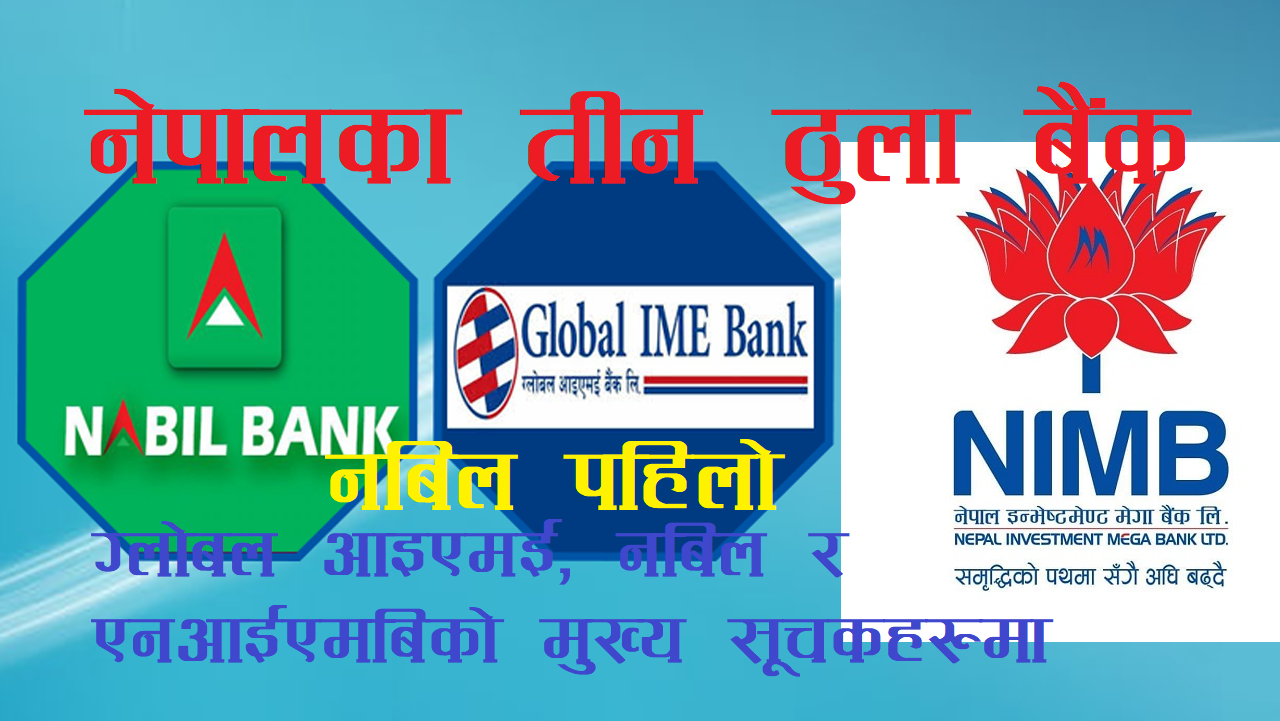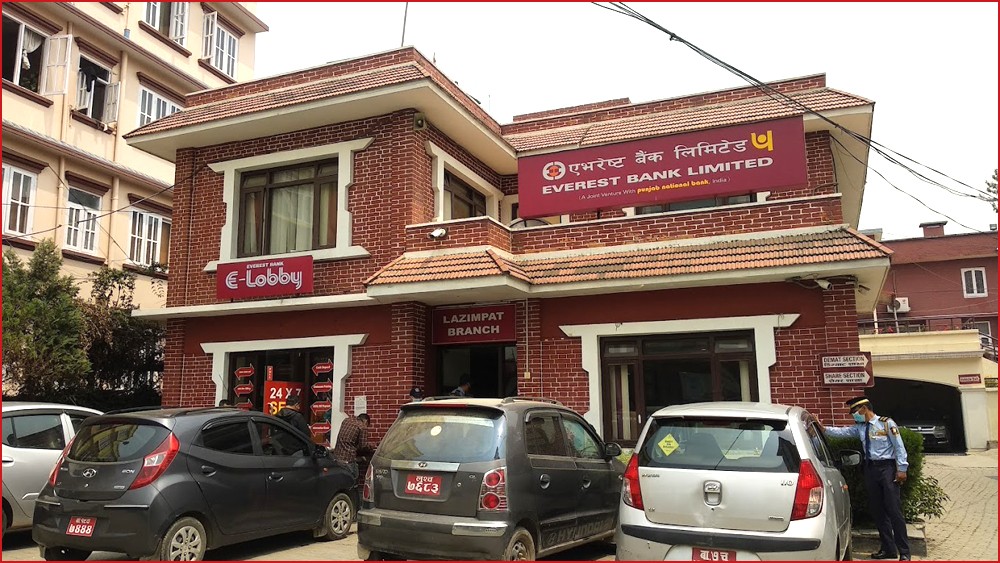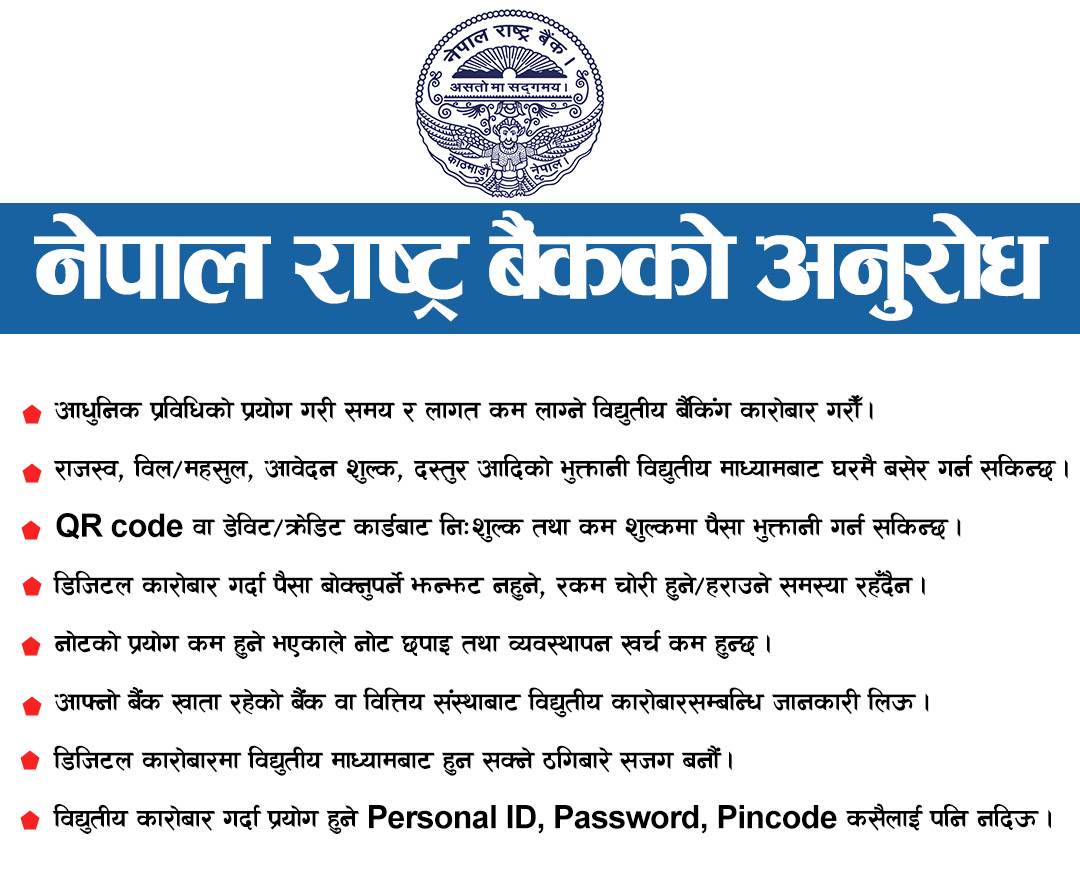
Kathmandu. Banks that do not go through with the merger are hoping to issue rights shares. Despite the increase in capital from the merger, the banks were in favor of not going for the merger and lobbying for the issue of rightful shares with Nepal Rastra Bank.
So far, all the banks that have been merged, some problems have arisen in all of them. Due to the growing unrest within the banks, the possibility that the central bank will no longer pressurize mergers, but open the way for the bank to increase its capital through rights issue, has increased. According to the banker, when the primary capital ratio in commercial banks started to be less than that set by the National Bank, they began to demand for bonds to be counted as equity or primary capital for capital increase.
According to Rashtra Bank, the average primary capital ratio of commercial banks in March is 10.16 percent. In June 2079, this ratio was 10.73 percent. Banks must maintain a minimum core capital ratio of 8.5 percent. If the capital ratio is less than specified, the National Bank will not allow such banks to distribute dividends. Banks have not been able to expand their business even though the liquidity has eased due to increasing pressure on the primary capital ratio while disbursing loans.
Last year, the National Bank increased the risk weight of personal overdraft and vehicle purchase loans as well as real estate and share mortgage loans to 150 percent and the risk weight of Trust Receipt (TR) loans to 120 percent. Because of this, the risk in the bank's loans has increased and the capital adequacy ratio is narrowing.
Bankers say that the central bank should grant concessions at any time to make banks more competitive and expand their business. Bankers believe that the central bank will merge as much as possible and those who do not go for the merger will receive a rightful reward.







